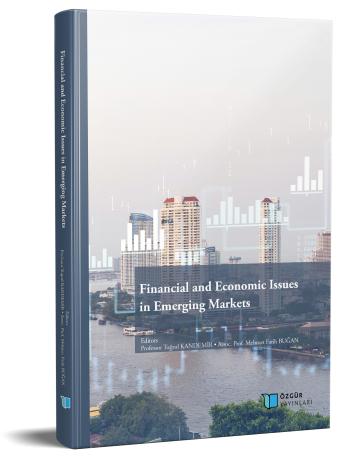
Genel Risk Alma ve Finansal Risk Toleransının Belirleyicileri: Türkiye'den Deneysel Kanıtlar
Şu kitabın bölümü:
Kandemir,
T.
&
Buğan,
M.
F.
(eds.)
2022.
Gelişmekte Olan Piyasalarda Ekonomik ve Finansal Konular.
Özet
Bu çalışma, demografik özellikler ile genel risk alma düzeyleri ve finansal risk toleransı arasındaki ilişkiyi araştırmayı amaçlamaktadır. Türkiye için 15.041 katılımcıdan oluşan mikro veri seti kullanılarak, bireylerin genel risk alma düzeylerini ve finansal risk toleranslarını etkileyen faktörler incelenmiştir. Demografik parametrelerin risk toleransı üzerindeki etkisini farklı ülkeler için araştıran birçok çalışma olmasına rağmen, Türkiye nüfusunun tamamını temsil eden kapsamlı veriler kullanılarak risk toleransının belirleyicilerini inceleyen bir çalışma bulunmamaktadır. Çalışmanın literatüre temel katkısı, örneklemin Türkiye'deki toplam hanelerin %89'unu kapsaması ve katılımcıların hanelerindeki karar vericiler olması nedeniyle Türkiye nüfusunu temsil etmesidir. Bulgular, cinsiyet, medeni durum ve geleceğe yönelik plan yapma becerisinin bireylerin genel risk alma düzeyini ve finansal risk toleransını etkilerken, eğitimin sadece finansal toleransı etkilediğini göstermektedir. Yaş ile genel risk alma düzeyi ve finansal risk toleransı arasında zayıf ancak anlamlı bir negatif ilişki vardır.

